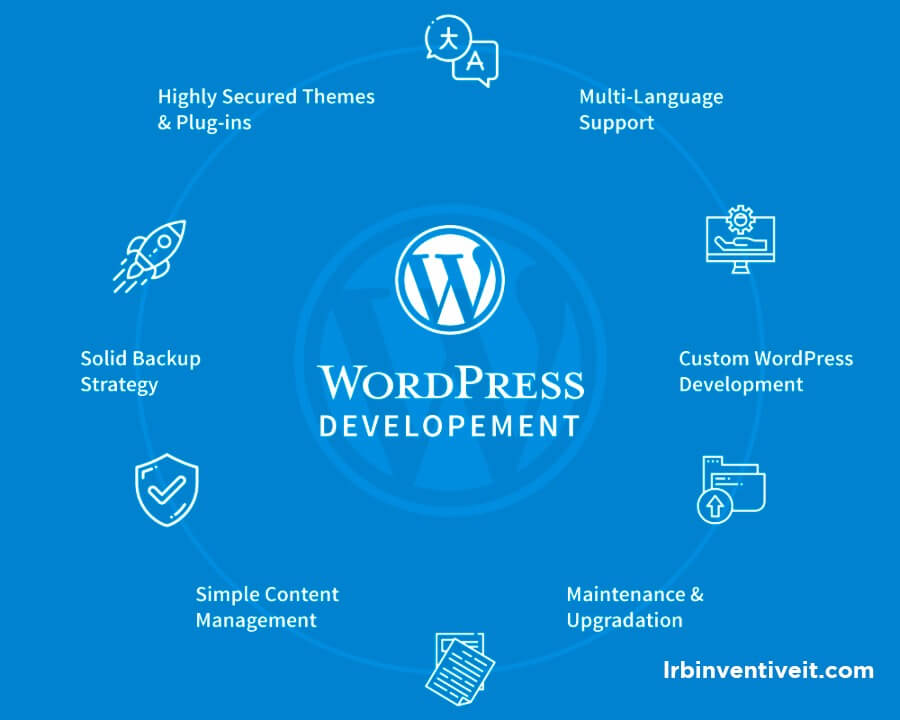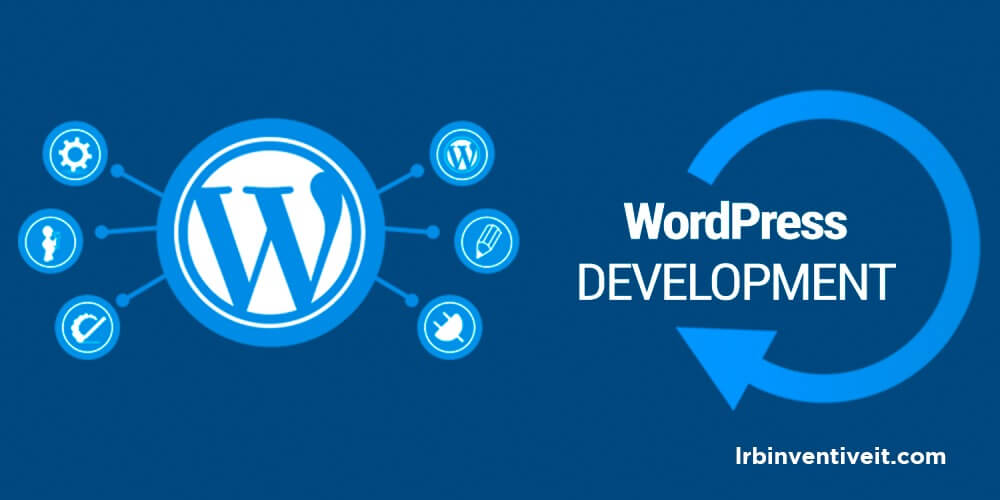Are you passionate about web development and looking to specialize in WordPress? Becoming a WordPress developer can open up a world of opportunities in the rapidly growing field of web development. With WordPress powering over 35% of the web, mastering this platform can be your ticket to a successful career in web development.
In this comprehensive guide, we’ll take you through six essential steps to becoming a proficient WordPress developer. Whether you’re a beginner just starting or an experienced developer looking to enhance your skills, follow these steps to pave your way to becoming a WordPress expert. Let’s dive in!
What Is A WordPress Developer?
A WordPress developer is a web developer who specializes in using WordPress, a popular content management system (CMS), to create and maintain websites. WordPress developers have expertise in building, customizing, and maintaining websites using WordPress’s core functionality, themes, plugins, and other tools.
They are proficient in programming languages such as HTML, CSS, JavaScript, PHP, and have a deep understanding of WordPress architecture and best practices.
WordPress developers can work on a variety of projects, including building custom WordPress themes and plugins, creating e-commerce websites, designing blogs, and developing complex web applications. They play a crucial role in bringing website designs to life and ensuring that websites are functional, user-friendly, and visually appealing.
What Do WordPress Developers Do?
WordPress developers are responsible for creating, customizing, and maintaining websites using the WordPress platform. Here are some common tasks and responsibilities of WordPress developers:
Theme Development:
WordPress developers create custom WordPress themes from scratch or modify existing themes to meet client requirements. They use HTML, CSS, JavaScript, and PHP to design and develop the layout, appearance, and functionality of WordPress websites.
Plugin Development:
They develop custom plugins to add new features and functionality to WordPress websites. This may involve writing custom code, modifying existing plugins, or integrating third-party plugins to meet specific project requirements.
Website Customization:
WordPress developers customize the appearance and functionality of WordPress websites according to client specifications. This includes modifying page layouts, adding custom post types, creating custom fields, and integrating third-party APIs.
Website Maintenance:
They perform routine website maintenance tasks such as updating WordPress core, themes, and plugins to ensure the website remains secure, stable, and up-to-date. They also troubleshoot and fix any issues that may arise on the website.
Optimization and Performance Tuning:
WordPress developers optimize website performance by implementing techniques such as caching, minification, and lazy loading. They also optimize website code, images, and databases to improve page load times and user experience.
Security Implementation:
They implement security best practices to protect WordPress websites from security threats, such as malware, hacking, and data breaches. This includes implementing security plugins, enforcing strong passwords, and regularly monitoring website security.
Content Management:
WordPress developers assist clients with content management tasks such as creating, editing, and organizing website content. They may also provide training and support to clients on how to use the WordPress CMS effectively.
Overall, WordPress developers play a crucial role in building, customizing, and maintaining WordPress websites to meet their clients’ unique needs and requirements.

How To Become A WordPress Developer
Becoming a WordPress developer involves mastering technical skills, practical experience, and continuous learning. Here’s a step-by-step guide on how to become a WordPress developer:
- Learn the Basics of Web Development:
- Start by learning the basics of web development, including HTML, CSS, and JavaScript.
- Familiarize yourself with programming concepts such as variables, functions, loops, and conditional statements.
- Understand PHP:
- WordPress is built using PHP, so it’s essential to have a good understanding of PHP programming language.
- Learn about PHP syntax, data types, functions, and object-oriented programming (OOP) concepts.
- Get Familiar with WordPress:
- Install WordPress locally or on a web server to get hands-on experience with the platform.
- Explore the WordPress dashboard and learn how to navigate the WordPress admin interface.
- Learn WordPress Theme Development:
- Study the anatomy of a WordPress theme, including template files, template tags, and the WordPress loop.
- Learn how to create custom WordPress themes from scratch using HTML, CSS, JavaScript, and PHP.
- Master WordPress Plugin Development:
- Understand the WordPress Plugin API and how to create custom plugins.
- Learn how to use hooks, actions, and filters to extend the functionality of WordPress.
- Study the WordPress Coding Standards and best practices for writing clean, secure, and efficient code.
- Explore Advanced Topics:
- Dive deeper into advanced WordPress development topics such as custom post types, taxonomies, and custom fields.
- Learn about WordPress security best practices, optimization techniques, and performance tuning.
- Build Your Portfolio:
- Start building your WordPress portfolio by working on personal projects or contributing to open-source projects.
- Showcase your WordPress development skills by creating custom themes, plugins, or websites.
- Stay Updated and Keep Learning:
- WordPress is continuously evolving, so it’s essential to stay updated with the latest trends, techniques, and best practices.
- Follow WordPress blogs, forums, and online communities to stay connected with the WordPress development community.
By following these steps and continuously honing your skills, you can become a proficient WordPress developer and pursue a successful career in web development. Remember, practice, patience, and persistence are key to mastering WordPress development.


